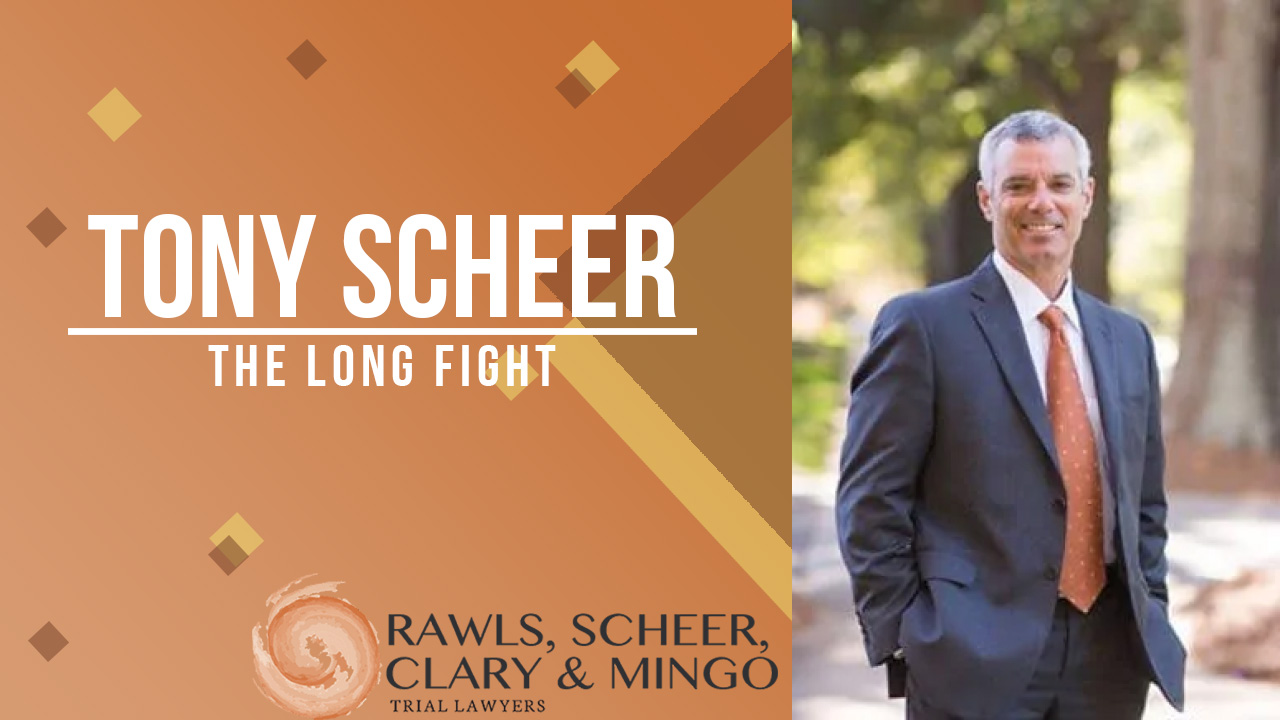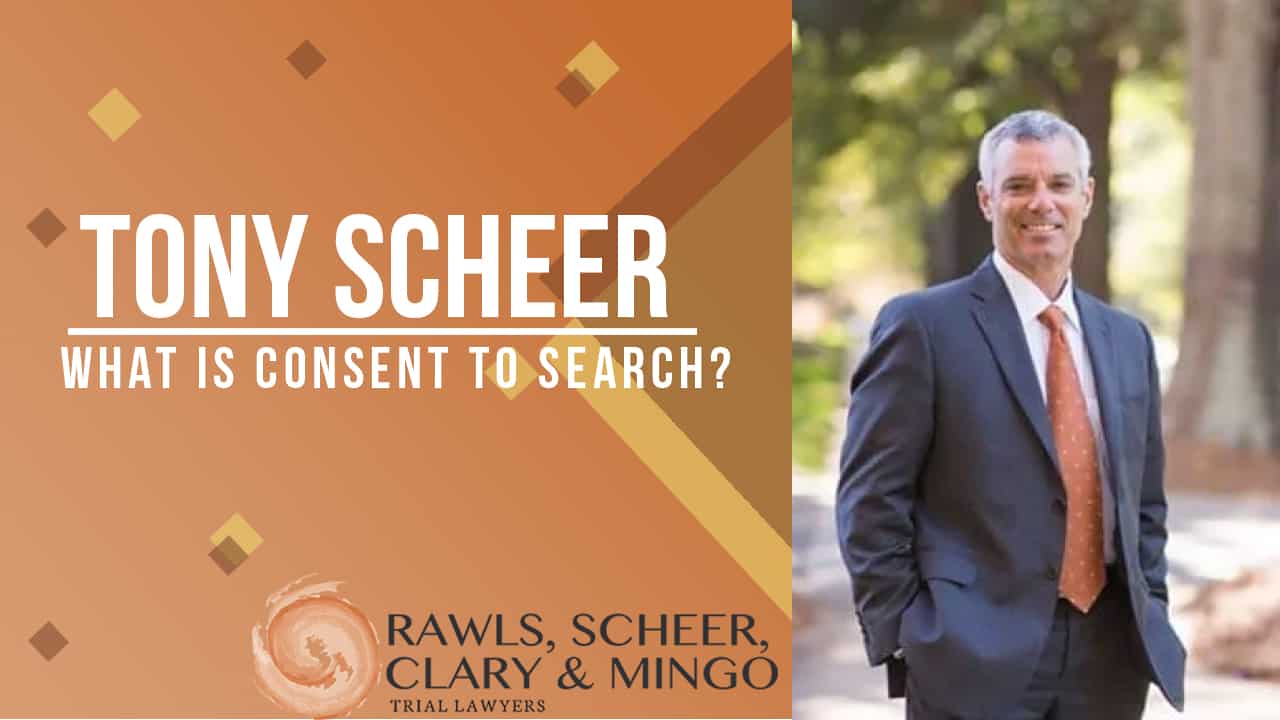We see them in television shows and in movies, but often one wonders just what is the purpose of the Miranda warning? Also known as the Miranda Rights, this advisement that officers give to those they arrest, usually beginning with the phrase, “You have the right to remain silent,” is meant to protect an arrested suspect’s Constitutional right against compelled self-incrimination. The U.S. Supreme Court’s 1966 decision in Miranda v. Arizona created the requirement that police who arrest suspects and intend to interrogate them must first advise them of certain rights.
In order to question an in-custody suspect and be able to use his statements in court, the police must first advise him as follows:
Your Miranda Rights (the Miranda Warning):
- You have the right to remain silent.
- Anything you say can and will be used against you.
- You have the right to consult an attorney before answering questions and to have an attorney present during questioning.
- If you cannot afford an attorney, the court will appoint one to represent you.
The police then ask the suspect if he understands these rights and is willing to waive them. If the suspect waives them and agrees to talk, everything he tells the law enforcement officers is admissible against him in court. If he asserts his rights and declines to waive them, the officers are required to terminate the interview. The prosecution is prohibited from introducing evidence of the arrested suspect’s silence in court.
If an in-custody suspect is questioned without first being advised of, and waiving his Miranda rights, any statements he makes to police will be inadmissible in court. What happens if a suspect is arrested, not advised of his Miranda rights, but not interrogated? When the police do not attempt to question an arrested suspect, there is no need to advise him of his Miranda rights and there is no court remedy for failure to advise him.
Please contact us to learn more about our legal services. Rawls, Scheer, Clary, & Mingo is a top rated law firm in Charlotte, NC.




